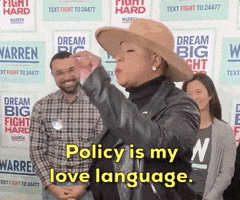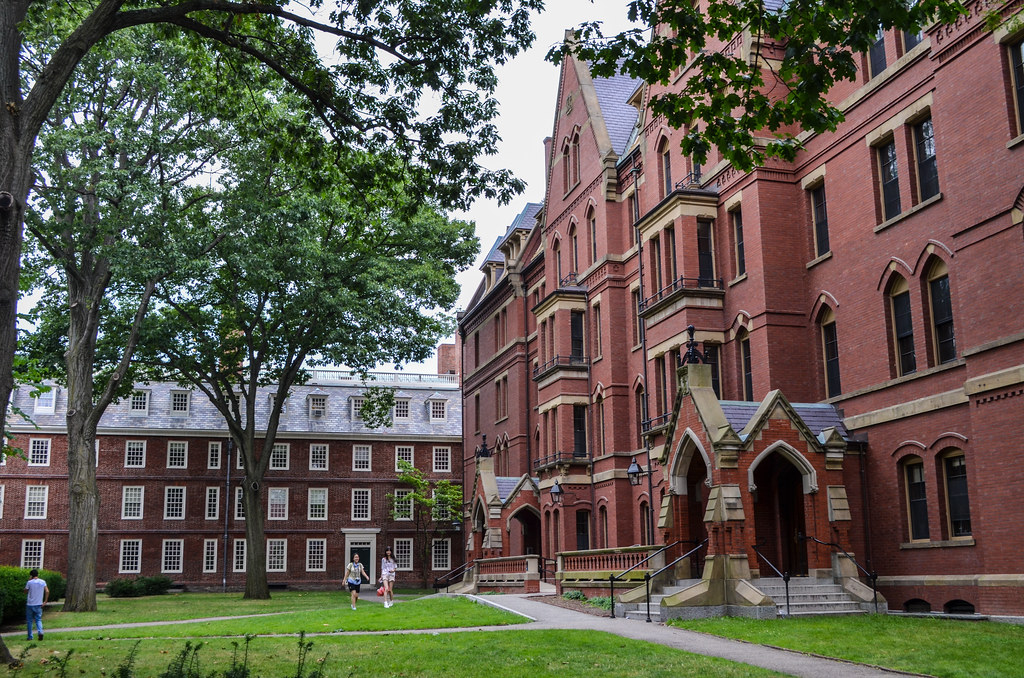“Policy is my love language.” This is a quote that Congresswoman Ayanna Pressley often uses, and it rings so true. If we want to build a society where people truly love, care for, and respect each other, then we need policies that reflect that, rather than policies that dehumanize and marginalize.
Tell Your State Rep to Vote YES on the Work & Family Mobility Act!
Last Friday, the Work & Family Mobility Act was reported out of the Joint Transportation Committee.
This bill would enable all qualified state residents to apply for a standard Massachusetts driver’s license or identification card regardless of immigrant status.
Many MA residents depend on a car to get to work, to school, to the hospital, etc., and immigration status shouldn’t be a barrier to getting a license.
Moreover, the Work & Family Mobility Act would make us all safer. If all drivers have passed the same test and know the same rules of the road, and are properly insured, we all benefit.
The House is expected to vote on the bill soon—possibly as early as this week.
Can you write to your state rep to urge them to vote YES?

Valentine’s Day Rally to Pass the Jail and Prison Construction Moratorium Bill!
Let’s show love to incarcerated women and love for our communities! Come to the State House with Families for Justice as Healing on Monday from 12-1pm to push the Legislature to pass the Moratorium Bill and free women from Framingham and invest money in what communities really need to thrive! Please wear masks to keep each other safe. Feel free to bring signs with messages like FREE HER, STOP THE NEW WOMEN’S PRISON, or PASS S2030/H1905. RSVP HERE.

Hearts Broken on Slow Solutions, Love is Strong for our Movement
Every day that passes without action breaks our hearts, knowing that Black, Indigenous, People of Color, Immigrant, and all oppressed people are harmed by the status quo. Our frontline movements have worked for years for urgent social change, with some priority bills delayed by our legislature for over a decade. It is with our broken hearts and fierce love for each other that we will gather at the statehouse, united in calling for action.
We will be joining allied organizations in gathering at 3pm on Monday in front of the State House (and on Zoom) to lift up our priorities together. Will we have another year of immigrants in MA denied access to a driver’s license? Will tens of thousands more face needless COVID-19 evictions and foreclosures?
Healthy Youth Act Lobby Day
For over 10 years, the Healthy Youth Act has been our Commonwealth’s opportunity to ensure that public schools that choose to offer sex education provide lessons that are inclusive, comprehensive, and medically accurate.
This Monday, February 14, from 12 pm to 2 pm, the Healthy Youth Act Coalition will be hosting a virtual lobby day to urge the Legislature to pass the bill. RSVP here (and you can email your state rep here if you can’t make it.)

Fighting for a Fair Share from Our Wealthiest Institutional Neighbors
Tuesday, February 15, 6pm – 7:30 pm
Across the Commonwealth, towns and cities are wrestling with the challenges and fiscal burden of expanding nonprofit property tax expansion from some of the wealthiest education and medical institutions in our country. Without a framework for institutional contributions, critical services for residents are threatened. From Western Mass to Greater Boston, from North Shore to South Shore—this issue demands state action. Join us for a discussion on necessary state legislation on payment in lieu of taxes (PILOT) programs and how advocacy organizations and state and local legislators are fighting to win it.
The PILOT Action Group is hosting a discussion with Davarian L. Baldwin, college professor and author of In the Shadow of the Ivory Tower and How Universities Are Plundering Our Cities. Baldwin’s book provides an excellent analysis of the role of large nonprofit institutions in our communities, and presents a vision of a more equitable relationship between communities and these institutions. Register here.

Common Start Coalition Roundtables
The Common Start Coalition is a statewide partnership of organizations, providers, parents, early educators, and advocates working together to make high-quality early education and child care affordable and accessible to all Massachusetts families.
Over the next few weeks, the Common Start Coalition will be hosting a series of roundtable discussions about why long-term investment in child care and early education infrastructure is so critical. Sign up today!

Wednesday, Feb 16, from 6:30pm – 7:30pm: Roundtable discussion on racial justice and Common Start, hosted by Neighborhood Villages and Coalition for Social Justice
Thursday, Feb 17, from 4pm – 5pm: Common Start Roundtable discussion on wraparound services, hosted by Horizons for Homeless Children
Thursday, February 24, from 6:30 pm to 7:30 pm: Common Start Roundtable discussion with religious leaders on affordable childcare
Tuesday, March 1, from 6:30 pm to 7:30 pm: Common Start Roundtable discussion on Building Blocks for a Healthy Future







